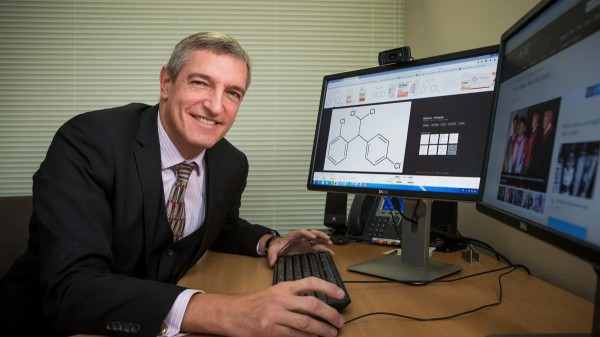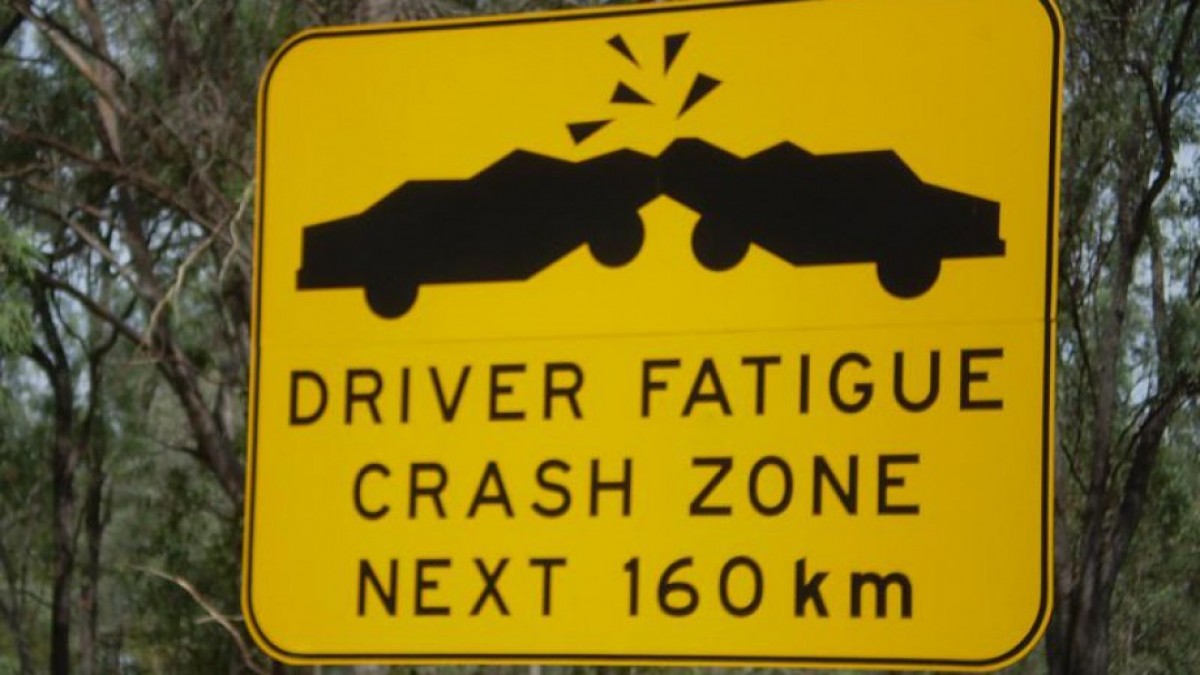Don't let driver fatigue ruin your holiday
Road safety expert Dr Vanessa Beanland from The Australian National University (ANU) has warned drivers to beware of the dangers of fatigue during the holidays.
"At this time of year everyone is driving somewhere to visit loved ones, to a holiday destination and travelling long distances," Dr Beanland said.
"People are often more tired than usual when they get in the car due to planning, packing, shopping or working and going further than they usually would."
Dr Beanland from the ANU Research School of Psychology researches road safety and driver behaviour. She said people were often not aware of the extent of impairment that results from being sleepy.
"Some research suggests that being awake for 17 hours produces equivalent impairment to a blood alcohol content of .05," she said.
"If you are driving down the coast after a long day at work that is equivalent to driving with an illegal level of intoxication."
The annual economic cost of road crashes in Australia is estimated at $27 billion per year. Driver sleepiness or fatigue is implicated in approximately 15-30 per cent of all crashes.
Dr Beanland cautions drivers to be wary of myths about how to avoid countermeasures that can help if you are sleepy.
"Strategies like turning on the radio, turning on the air-conditioning do not work," she said.
"The best approach is to stop and sleep. If this is not possible, drink a caffeinated drink and follow it with a 15 minute nap, not any longer because it becomes counterproductive."
She said studies have found more than half of fatigue accidents happen on roads residential roads or roads with speed limits between 50km/h and 80km/h.
Sleep related accidents are also more likely in the early afternoon, or between midnight and 6am.
Dr Beanland said the impact of driver fatigue has a greater impact on the wider community not just those involved in the crash.
"Serious injury crashes where a person is hospitalised pose a massive burden on society, in terms of direct costs including medical care and indirect being lost or reduced work productivity," she said.








